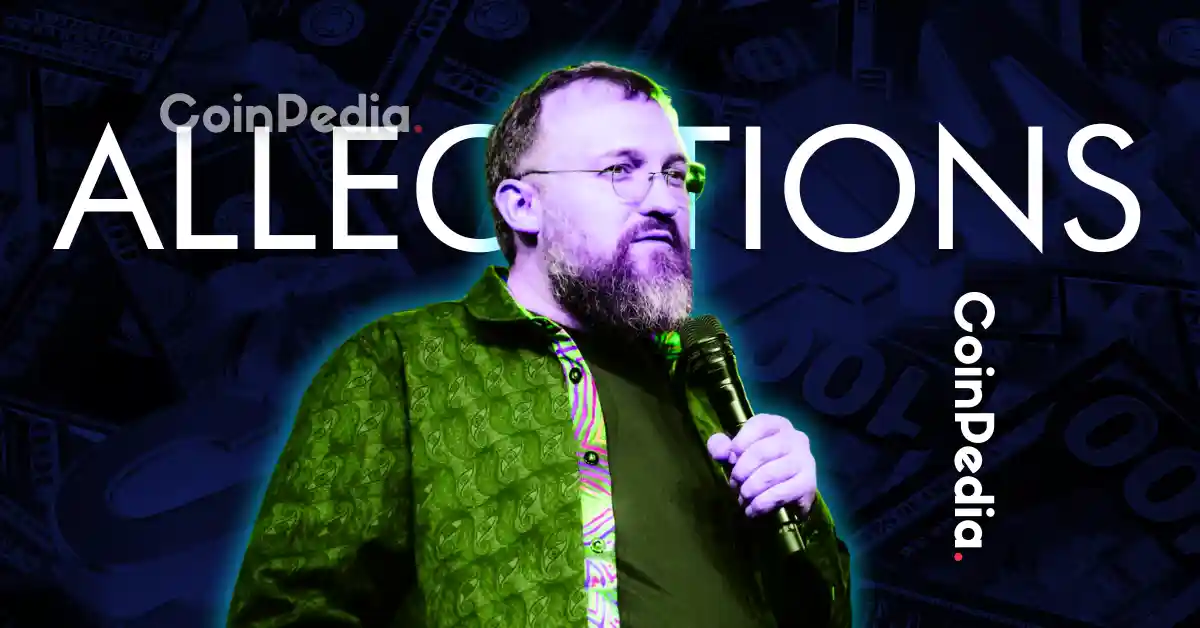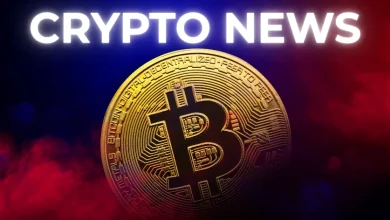
Charles Hoskinson denies scam allegations, calling out victims for blaming others.
He highlights a decade-long issue of impersonation scams in the crypto space.
Hoskinson urges the crypto community to stay vigilant and take responsibility.
Cardano founder Charles Hoskinson has responded strongly to a recent scam accusation, turning the spotlight on a growing problem in the crypto world. A frustrated internet user accused him and his company of wrongdoing, but Hoskinson says the real issue is people falling for scams and then blaming others.
His response is blunt, but necessary: crypto scams are everywhere, and investors need to stop pointing fingers when they get burned.
The Email That Sparked It All
The controversy began when Robin Engraf emailed Hoskinson, accusing an alleged Input Output employee, Gabriel Martin, of misappropriating funds disguised as a trade withdrawal. To support his allegations, Engraf further claims to have months of chat logs and bank records, ready to bring this matter to U.S. authorities for assistance.
Hoskinson’s response was unapologetic: “Does anyone want to tell Robin that he got scammed by someone over the internet and now he’s blaming a multi-billion dollar company for his carelessness and stupidity?” His sharp words highlight a growing problem: scammers exploiting trust in the crypto space.
Hoskinson’s Ongoing Battle With Scammers
For nearly ten years, Hoskinson has dealt with countless impersonation scams targeting Cardano’s community. He revealed that tens of thousands of similar emails flood his inbox, all following the same script: victims are drawn by promises of massive returns, send money to strangers, and then attack prominent figures like Hoskinson when the scam collapses.
“People fall for get-rich-quick schemes and then frantically look for someone to blame,” he said, urging investors to take responsibility for their decisions.
Public Humiliation is the Only Deterrent
Hoskinson didn’t hold back on the consequences of these scams. He highlighted that they thrive because victims chase unrealistic rewards, believing they can get “something for nothing.” He questioned whether accusers like Engraf would ever own up to their mistakes or apologize for defaming him and his firm, Input Output.
“Public humiliation” may be the only way to deter such baseless claims, he argued, frustrated at being a scapegoat for online fraudsters.
A Stark Warning for Crypto Investors
Hoskinson’s point is very clear: if a deal appears too favorable to be real, it likely isn’t. Being tricked by impersonation schemes is no reason for defamation, and investors should do careful research.
As crypto-related scams increase, his fair warning serves as an essential reminder to approach the digital asset realm with wariness and doubt.
Never Miss a Beat in the Crypto World!
Stay ahead with breaking news, expert analysis, and real-time updates on the latest trends in Bitcoin, altcoins, DeFi, NFTs, and more.
FAQs
Hoskinson was unapologetic, stating that Engraf was scammed by someone over the internet and was wrongly blaming his company. He emphasized that people often fall for “get-rich-quick schemes” and then seek to blame prominent figures.
Hoskinson believes “public humiliation” might be the only way to deter baseless claims from individuals who accuse prominent figures after falling victim to scams. He argues they rarely take responsibility or apologize for defamation.







